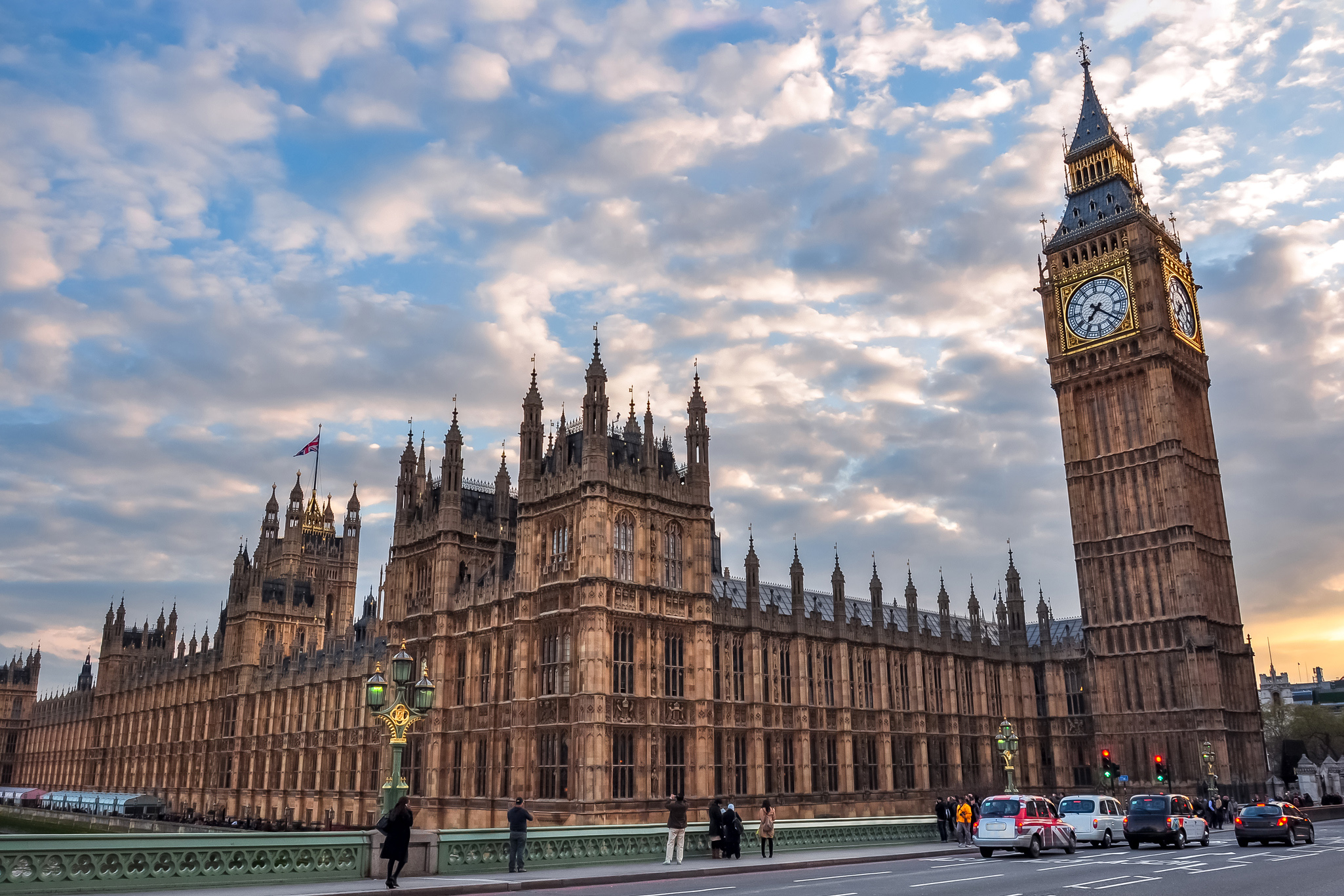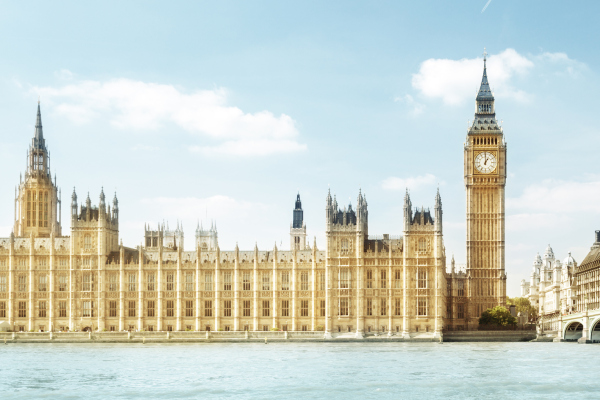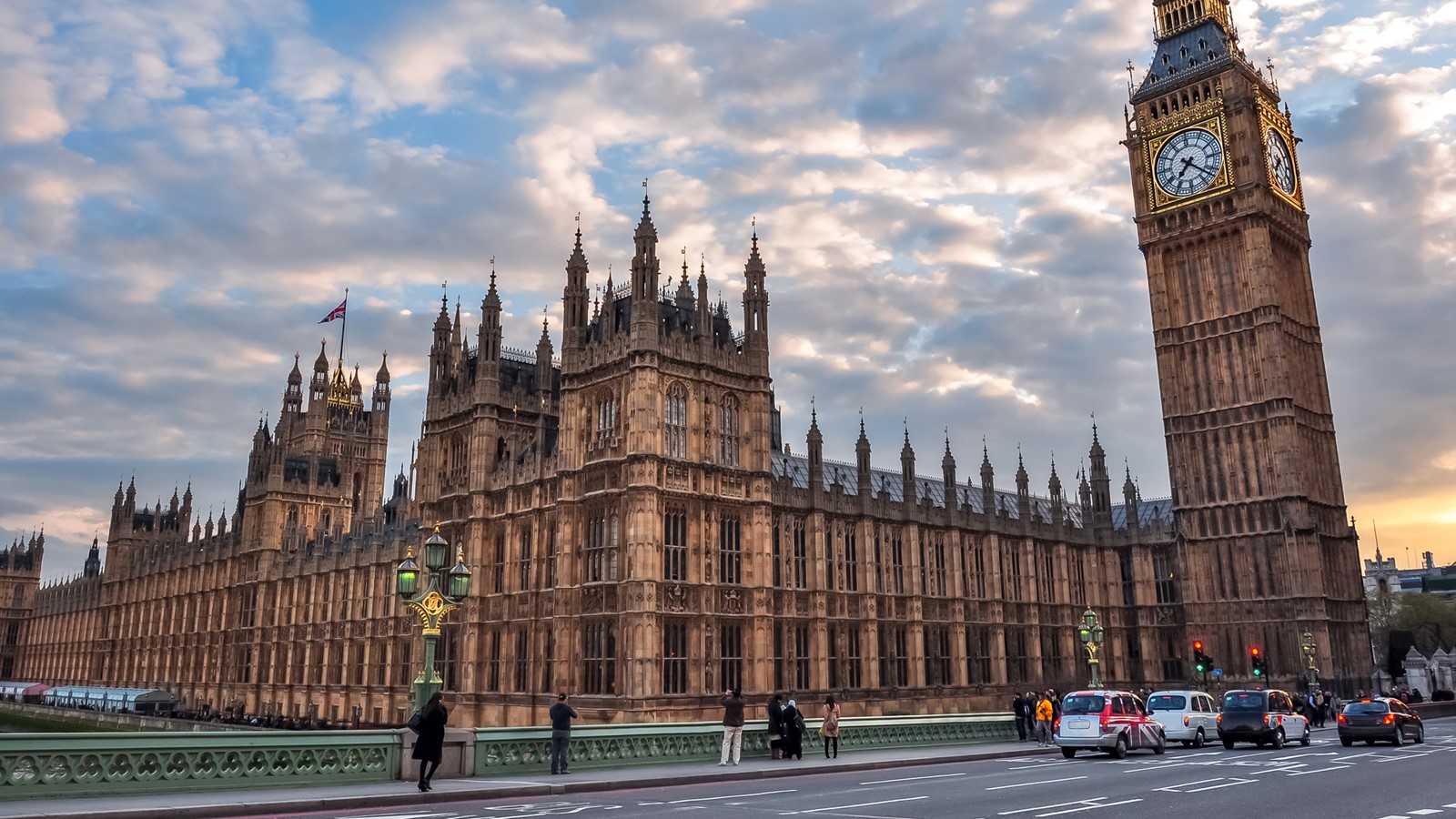We’ve joined more than 200 organisations urging the new Health Secretary to take immediate action to tackle health inequalities in society.
We’ve co-signed a letter to Therese Coffey as part of the Inequalities in Health Alliance (IHA) calling on her to ensure that reducing avoidable differences in health across the population is a priority.
The IHA is a coalition of organisations with an interest in improving the health of the UK who have come together to campaign for a cross-government strategy to reduce health inequalities.
There are 215 members – including BACP – and we’ve urged Ms Coffey to keep the Government’s commitment to publishing a Health Disparities White Paper by the end of this year.
Mental health impact
Jeremy Bacon, our Third Sector Lead, said: “The pandemic highlighted the longstanding and enduring health inequalities across UK society, and these are now being amplified by the cost-of-living crisis which is increasing personal and economic distress.
“Our own research has shown that 70% of people feel that the pandemic has had a negative impact on their mental health, while only 14% believe the government has done enough to respond to this rise.
“Our call is for the new Secretary of State for Health and Social Care to recognise the mental health impacts of inequalities in UK society, and to adopt a whole-Government approach to redressing imbalances.
“In our policy work, BACP will continue to lobby for increased funding that improves psychological support for all who need it, including increased resource for third sector counselling services that are closest to the communities most impacted by inequality.”
The IHA letter said that members had “seen first-hand how the physical and mental health of people of all ages is shaped by their environment”.
Health disparities
It said: “We were pleased to see government announce a Health Disparities White Paper earlier this year, signalling that the Department of Health and Social Care (DHSC) would work with the ‘whole of government to consider health disparities at each stage at which they arise, from the wider determinants of health, to the behavioural factors that influence health, to the health services that people access and receive'.
“The white paper must deliver on all three fronts. Although a crucial part of the picture, focusing on individual behaviours and access to services alone will not be enough to close the almost 20-year gap in healthy life expectancy that exists between those from the least and most deprived communities.”
The IHA called for the White Paper to provide clear cross-government action, including a strategy to reduce health inequalities.
Economic savings
Our letter said: “A cross-government strategy would be a significant step forward in reducing health inequalities in the UK, which so often start in childhood, and in the long-term provide savings to the NHS and the wider economy by reducing avoidable illness and increasing productivity."

Mental health priorities for the new Prime Minister
Our calls to Liz Truss, her new Health Secretary and Mental Health Minister

Influencing decision makers
We work with with politicians and decision makers from all four nations to help them understand the positive changes that counselling can make to people's lives.

School counselling in England campaign
We believe that a paid counsellor should be available in every secondary school, academy and FE college in England.
